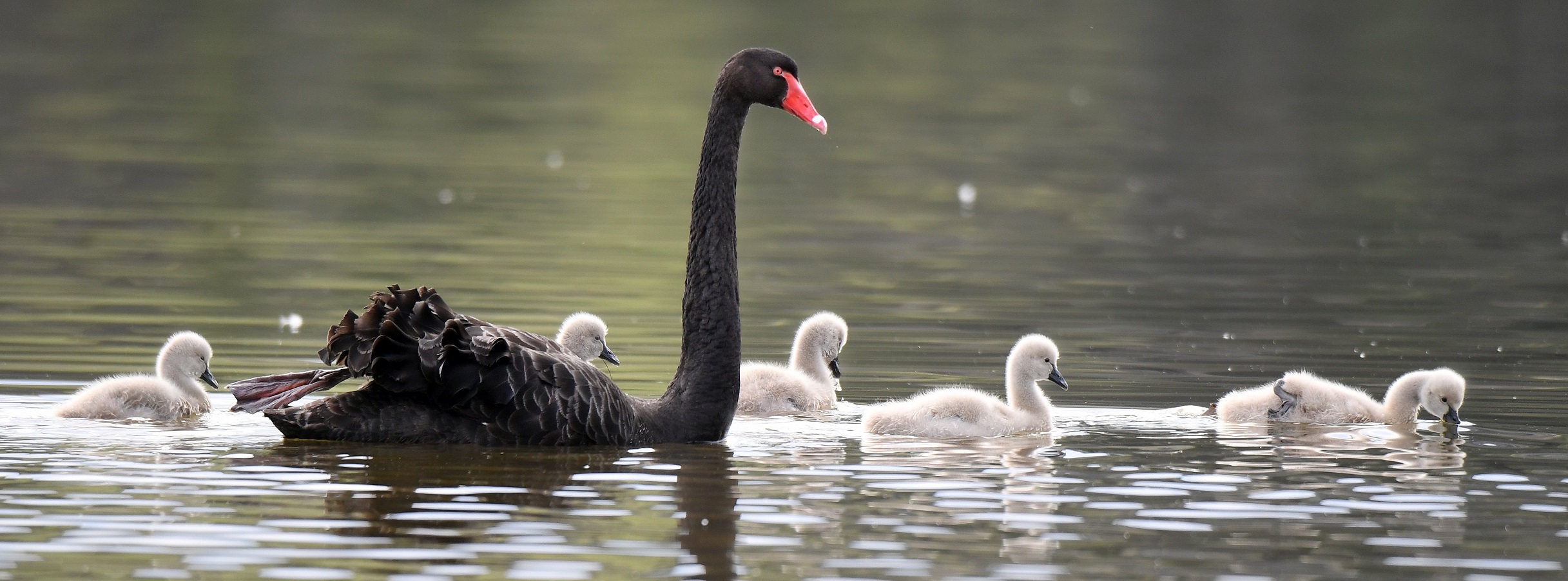
Tomahawk Lagoon is flush with fluffy little grey cygnets, swanning about the Dunedin waterway at the moment.
Bird enthusiast Ian Smith, of Dunedin, said he had been filming and photographing birds at the lagoon since 2013, and believed cygnets at this time of year were "decidedly out of season".
He was amazed at the number of chicks bobbling around, almost posing for photographs.
"I would hesitate to try and count them to be honest. They are not in short supply."
Birds New Zealand president Bruce McKinlay, of Dunedin, said swans traditionally laid eggs and hatched them in spring or early summer, so it was very unusual to see the cygnets at this time of year.
"Over the last couple of years, it’s been quite noticeable that black swans have continued nesting throughout the year.
"Two years ago in particular, there was a consistent pattern of a range of cygnets throughout the year, and it’s being repeated this year — perhaps not quite so strongly."

"Whether it’s a result of the warmer weather, I don’t know. Possibly — it certainly hasn’t done any harm.
"They obviously need the food to grow the cygnets and ... to be able to have sufficient condition on to be able to grow eggs".
It could mean there were a lot of nutrients in the lagoon, which might or might not be good for its long-term health, he said.
Last year, there were no cygnets on the lagoon, he said.
"Here we are, halfway through year three and it’s happening again. There’s an interesting pattern happening here.
"It’s very unusual behaviour."












